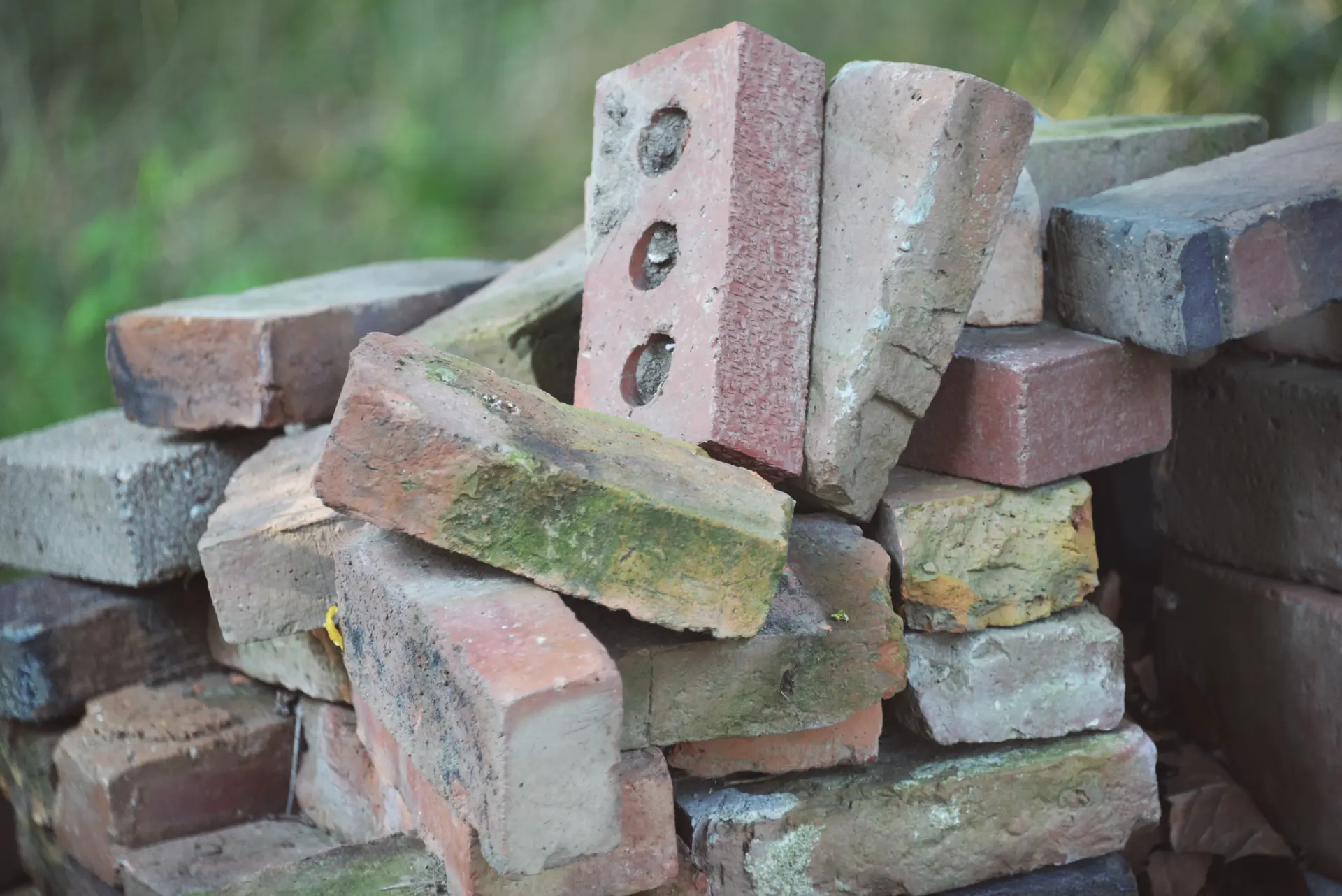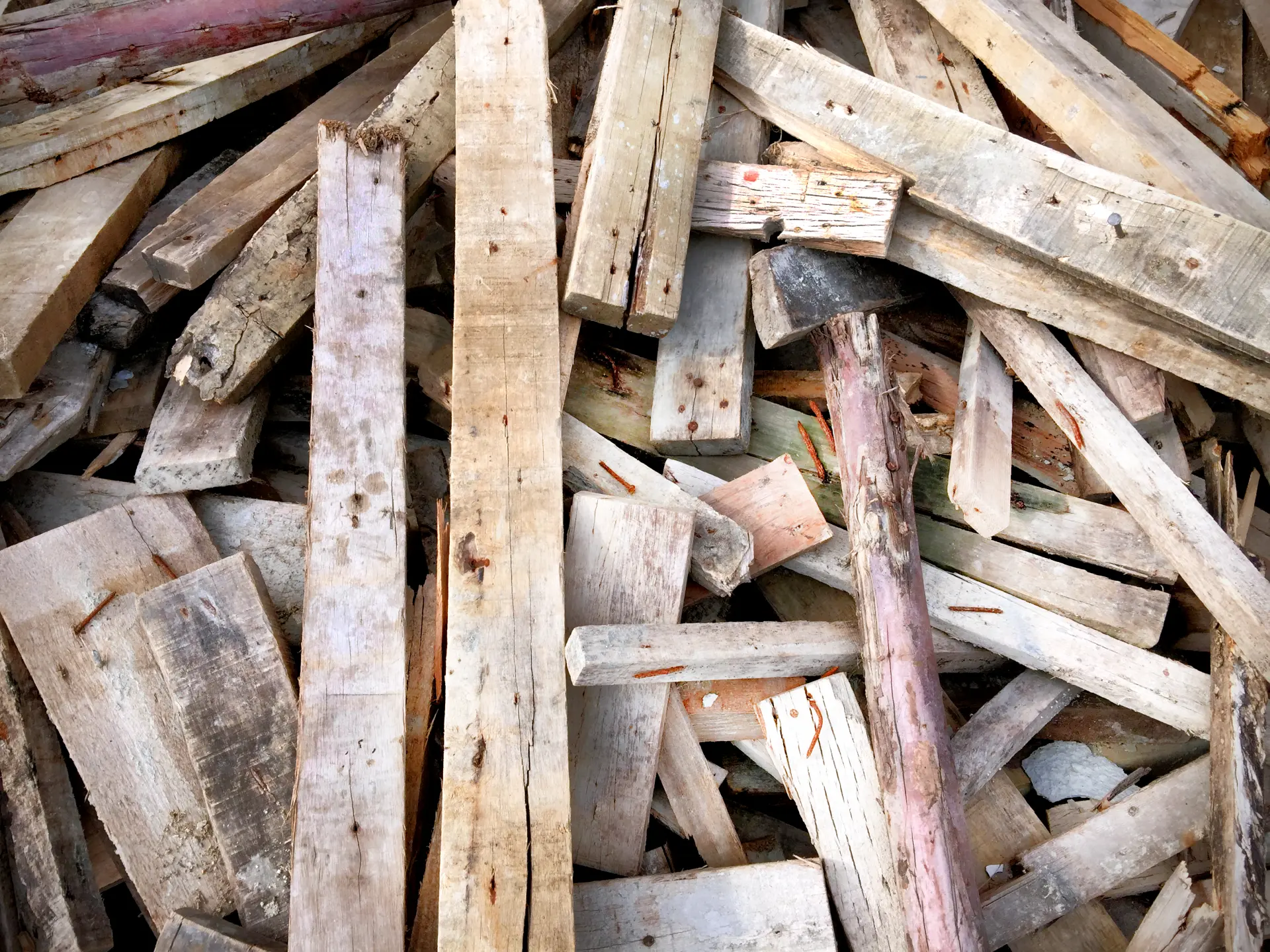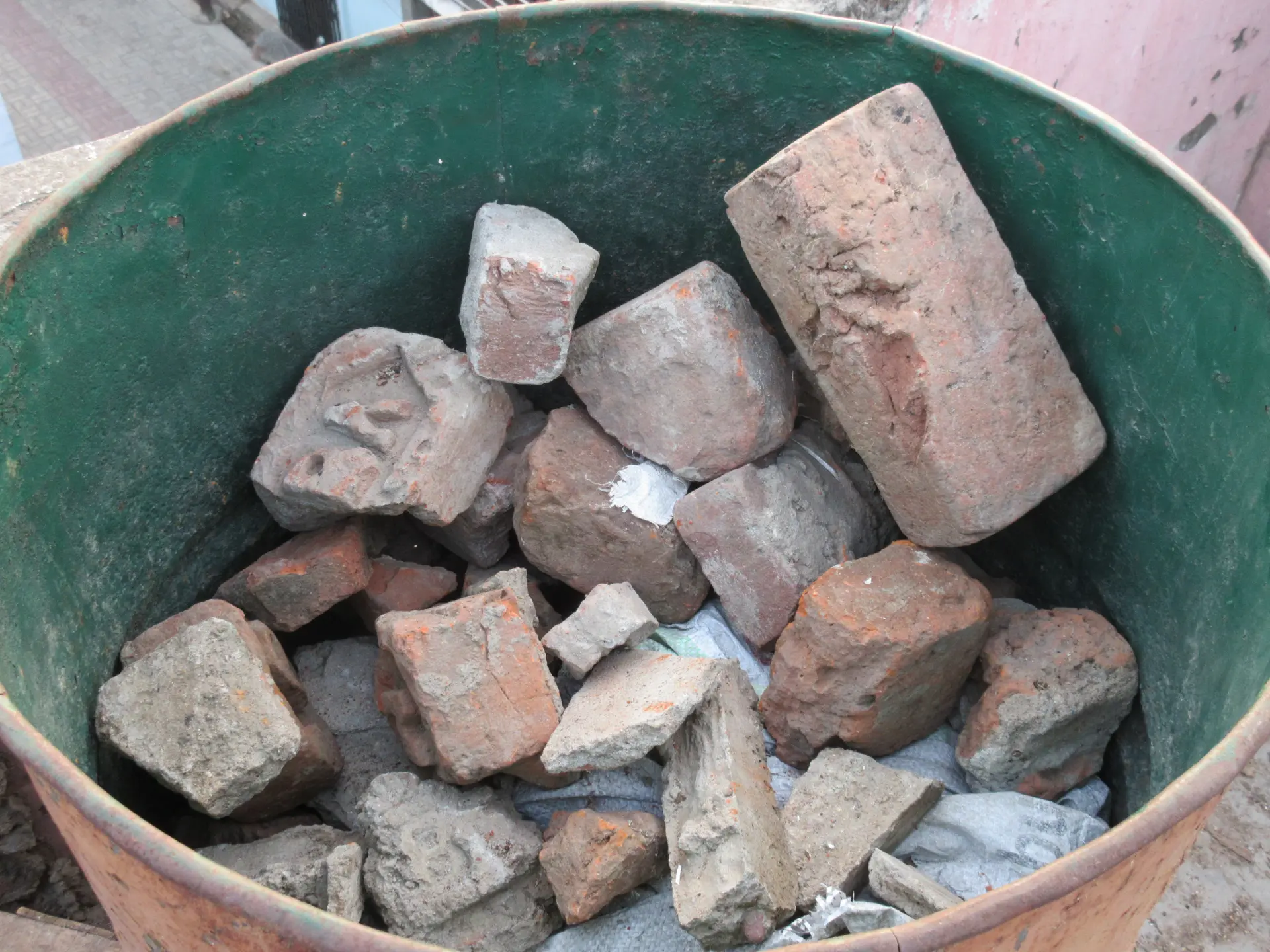Construction work often creates a large amount of waste. Knowing what materials can be removed helps you dispose of them properly, protect the environment, and follow UK regulations. Whether you're renovating or demolishing, sorting waste the right way makes the job easier and more efficient.
Understanding Construction Waste
Construction waste includes all the unwanted materials left behind during building, renovation, or demolition. These can include bricks, concrete, wood, metal, tiles, glass, plastic, and packaging. It also includes soil, rubble, and other waste from excavation work.
In the UK, waste must be disposed of safely to protect the environment and follow the law. Sorting your materials makes it easier to recycle, reuse, or dispose of them in the correct way. This also helps reduce the amount of waste going to landfill.
Not all construction waste is useless. Many materials can be recycled or used again if they are sorted properly and kept separate from general rubbish.
Common Building Materials
Bricks, concrete, tiles, and plasterboard are some of the most common materials found in construction waste. These are often heavy and bulky, so it's important to plan ahead for their removal.
Concrete and bricks can be broken down and reused as a base for paths or roads. Plasterboard needs special handling as it can be harmful in landfill. It must be separated and disposed of safely.
By sorting these materials properly, you increase the chances of recycling them and reduce the environmental impact of your project.

Soil, Rubble and Excavation Waste
When you dig foundations or clear a site, you often end up with a lot of soil, rubble, and stones. These materials may not seem like waste, but they need to be disposed of carefully.
Clean soil can sometimes be reused in gardens or building projects. Rubble, including broken bricks and concrete, can be crushed and reused as a base for new construction work.
If the soil is contaminated or comes from an old industrial site, it may need to be treated as hazardous waste. In the UK, this type of material must be tested and removed by a licensed service.

Wood and Timber Waste
Wood waste includes broken doors, old furniture, and timber offcuts. These are common in both renovation and demolition work.
Untreated wood is easier to recycle. It can be turned into chipboard or mulch or used as fuel in approved systems. Treated wood must be handled with care because it can contain chemicals that are harmful to the environment.
Some timber can be reused in new projects. Reclaimed wood is often used for flooring, furniture, or feature walls, helping to cut down waste and save on material costs.
Metal and Scrap Materials
Metal waste is found in wires, pipes, beams, and fittings. Common types include steel, copper, and aluminium. These materials are highly recyclable and keep their quality even after reuse.
Scrap metal should be separated from other waste to make recycling easier. Most UK recycling centres accept metal, and some types like copper can even earn you money.
By recycling metal waste, you reduce the need for new raw materials and help lower energy use in the construction industry. It's an important step in protecting the environment and cutting down overall waste.
We offer reliable construction waste removal services across Truro and all of West Cornwall. Whether you're clearing rubble, timber, bricks, or bulky building materials, our fully-licensed team provides efficient, affordable and eco-conscious waste collection for homes and commercial projects.

